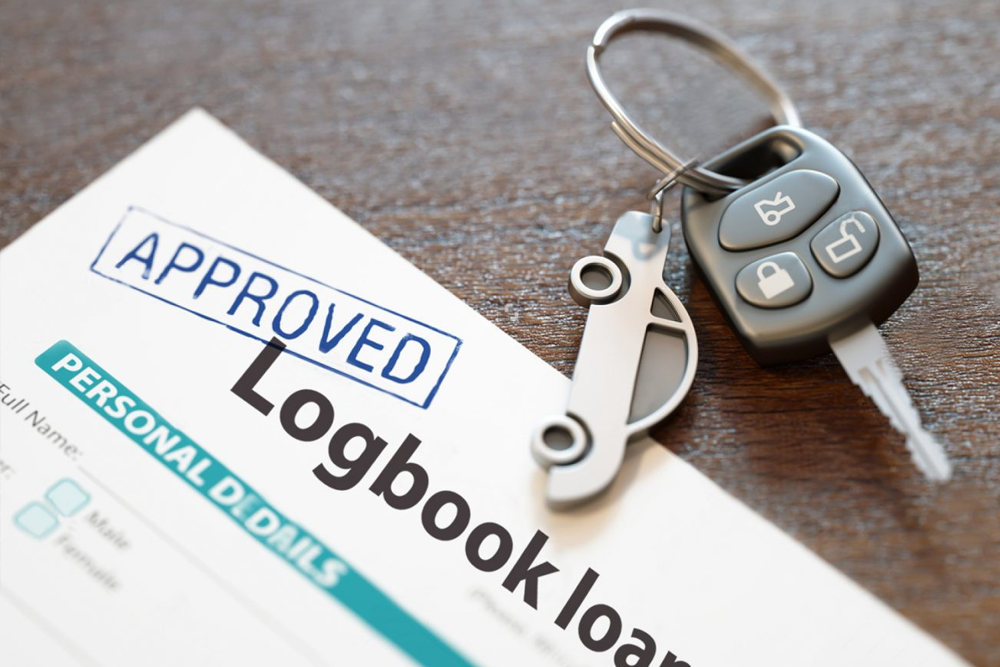
Credit cards can be a great instrument to assist you in keeping track of your spending. Some credit cards even provide cash back rewards or lucrative travel rewards. Sadly, they can also cause financial issues if you start carrying a balance.
In most situations, people just apply for a credit card in their name only and are fully accountable for any balance owed on the credit card. Nonetheless, some people decide to open joint credit card accounts, in which both people on the account are fully responsible for the balance charged to the credit card.
Whereas opening a joint credit card account might be a good idea, it can be a bad idea in others. Here are some of the things you need to consider before you open a joint credit card account.
What Is a joint credit card?
When you open a credit card, you are authorized to charge purchases to it. You are also responsible for paying those charges with interest if you carry a balance month to month.
A joint credit card operates the same way, apart from two people sharing the ability to make purchases and pay them off. It doesn’t matter who spends what: if you charge $200 to a joint card, both cardholders are responsible for the bill.
That indicates both of your credit scores are also on the hook for the credit card use. If one person maxes out the credit limit or misses a payment, for instance, both account holders will see their credit scores take a hit. However, if you make all the payments on time, both can establish a positive credit report.
For these reasons, weighing the advantages and disadvantages of a joint credit card before opening an account is a good idea. A joint account can be convenient; however, it can also cause problems if both users do not manage it well.
Why opening a joint credit account is a good idea?
Getting the right joint credit card can be challenging. What you should do before investing in one is to check reviews first. But when exactly is it a good idea to open a joint credit card account? Here are some points that might assist you in making a decision.
Sharing the responsibility
If used right, owning a joint card can assist you in building trust. This is mainly true for couples who want to proceed to the next stage of a relationship, such as moving in together. Sharing a credit card assists divide the financial concerns and ease the load of sharing bills and financial responsibilities.
Assists lift bad credit
A joint credit card also assists a partner manage a bad credit score positively. If you want to improve your partner’s credit score, obtain a joint credit card with them. This assists you keep them on track whenever they are faltering.
Get a competitively low interest
Most times, a partner, who is a maverick credit card user, gets hordes of discounts and deals on the credit card. They get great low interest in their credit card due to regular usage and a good credit score. For those partners who wish to share such benefits with their partner, you can avail of a joint account.
Working as a team
Selecting to be a joint account holder can help people in a relationship feel a sense of teamwork when managing a couple’s finances. Besides using a joint credit card account as a credit building instrument, a joint credit card account can be used in building responsible borrowing behaviors while holding both cardholders responsible for their actions.
Why having a joint credit card is not all good idea?
Opting for a joint credit card comes with some risks. The following are some of the risks:
Unbalanced credit usage
An individual can use up the maximum credit and thus leaving the other with nothing to use. This causes the mismanagement of finances and arguments. To prevent this, frame up clear guidelines on the account of credit each person can use. The key is communication. Having a transparent conversation in money matters always helps to avoid misunderstandings.
Arguing over money
In an argument, one person always tends to be more sophisticated than the other. Nonetheless, money can topple the balance of a relationship. Moreover, it gets even more complicated when a credit card is engaged. Thus, before you open an account, make sure that you are both okay with each other’s financial behavior.
Before you can build trust, you need to work out your differences first. Following Ameriprise’s study on Money and Couples, sixty-eight percent of couples with matching financial behaviors revealed that their conversations over money were perfect.
Credit scores and relationships could suffer
Whereas joint credit card accounts can build credit, they can harm credit, too. Missed payments will destroy credit scores. Moreover, in a relationship that does not agree on how a joint credit card account should be used can end up damaging their relationship beyond repair.
To reduce the possibility of these issues, set the credit limit to an amount that both parties can manage should someone make a misstep and spend more than they can manage to pay off.
How to select the best joint credit card?
Selecting the best joint credit card will come down to what meets the needs of you and your joint applicant. It is essential to have clear communication going into this process, mainly since you will be responsible for making payments on the credit card. Here are some tips to assist you along the way.
Check your credit reports
Before you begin the application process, ensure you run your credit reports to check what credit card options are accessible. Most joint credit card accounts are looking for credit scores in the good to excellent range. If you or your partner have a bad credit score, you might want to take some time to increase your scores before you apply.
Get a credit card that meets your spending needs
Talk to your partner about how you think you will use your joint credit card. This will assist you in selecting a credit card that can meet both of your spending needs.
Have a plan for making payments
Selecting a credit card to share with another person will need you both to think about how you want to manage monthly payments. Ensure you and your partner have a plan for managing purchases on the credit card and their repayment. Will each of you pay off the purchases you make or manage the bill with a 50/50 split?
Decide how you will manage rewards
If you are applying for a rewards credit card, be clear about how you will distribute the rewards you make. You might decide that you want to pool rewards on the credit card to use towards things you will do or use together. Nonetheless, you might also choose to distribute points individually, depending on what each of you has earned.
Be open to the authorized user’ route
Creating a joint account will require you and your partner to have a credit check. If one of you does not qualify for the credit card you want, going the authorized user route might be a better choice. Most credit card issuers enable you to add an authorized user to your account as a primary cardholder.
Have an exit plan
There are many reasons why a joint account can be closed. Make sure you understand the credit card terms and conditions for canceling a joint account. Also, check if one joint owner can maintain the account. If it is, you need to be clear who will get to keep the account.
What are the alternatives to joint credit cards?
If you are not sure whether a joint credit card is a right option for you, some alternatives can better meet your needs:
Authorized User Accounts
If you want another person to make purchases with your credit card but do not want to allow full control of the account, you can add the person as an authorized user. The authorized user can access the line of credit; however, he or she is not responsible for paying the balance.
Credit card issuers usually allow their clients to add authorized users to their accounts. These cardholders often have access to your full credit line. The authorized user can not request a credit limit increase or make any changes to the account. However, the primary holder can add or eliminate authorized users as desired. Only the primary cardholder’s credit is regarded when applying for the account.
All credit card activity is reported to the three major credit bureaus for authorized users, enabling them to build credit even if they do not use the credit card. Of course, that also indicates their credit can be destroyed if the primary account holder misuses the credit card.
Co-signer Accounts
If a joint account appears like a good idea since you need help getting approved for the credit card you want, you should consider a co-signer account. Similar to a joint account, a co-signer account will evaluate the co-signer’s credit on the application. Co-signers are also equally accountable for credit card debts.
However, a big difference between authorized users and co-signers is that the latter does not have access to the credit card. It can be a risky choice with few benefits to co-signers other than the satisfaction of assisting someone who gets accepted for a credit card.
Employee Cards
These credit cards are intended for employers who need to allocate a section of their credit line to employees. If you are looking to have more control over what a secondary user can do, there are small-business credit cards that offer employee cards.
The credit cards might have purchase limits. An instance would be a company with traveling sales reps. However, they might want the rep to have sufficient access to cover travel costs, not the full line.











